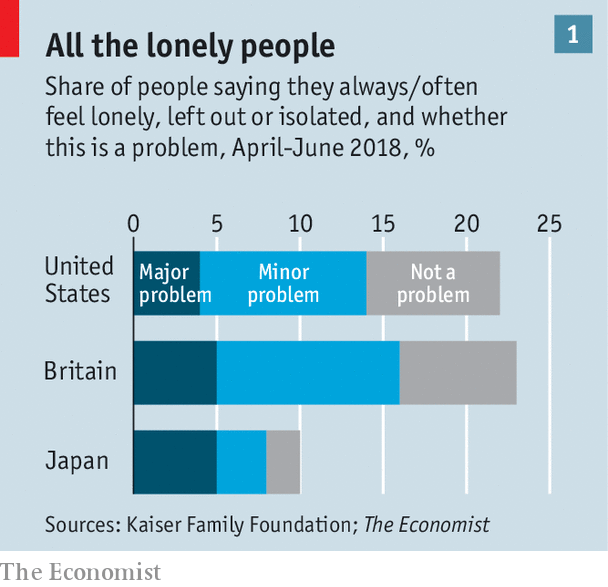Loneliness is not measured in numbers. You don’t feel less alone because you have a thousand conversations a day, or more just because you spend a lot of time out of contact with other people, which makes you feel lonely or not the quality of your relationships with others.
Several studies suggest that if you have people you can really trust, you’ll probably never feel the effects of loneliness; on the other hand, even if you talk to a lot of people, you may not be able to establish a true relationship of trust. with them, so you’ll certainly feel the weight of loneliness in your life, which impacts your emotional well-being as well as your physical health.
The American Academy of Medicine has identified the main health risks of people claiming to be alone.
This problem occurs mainly in cases where people sleep alone at home and also feel alone in life, a sense of vulnerability appears that manifests itself in a state of alertness in these conditions, which prevents the person from establishing a deep and deep continuous sleep, the most common is waking up several times during the night , as a defensive attitude caused by the feeling of vulnerability, which eventually results not only in a state of permanent fatigue, but also in a weight gain.
If you’re lonely, you may be inclined to fill this void of lack of company with items that give you a sense of compensation; even without realizing it, you may have a particular appetite for foods that contain fat or sugar, and you may also be looking for alcoholic beverages. All these products suddenly revitalize your body and, without you noticing, are an antidote to passengers against discouragement. The thing is, they’re passengers. If your consumption becomes a habit, you’ll have several health problems.
According to a study by Professor John Cacioppo of the University of Chicago, the bodies of people living alone become more resistant to bacteria, but at the same time more vulnerable to viruses. Viruses are acquired by contagion, i. e. by contact with other humans. Single people are weaker when they come into contact with viruses and tend to get other people’s viruses more easily.
The company of other human beings creates conflict and stress, but lack of contact can be even more stressful. Unconsciously, individuals develop strong feelings of threat and this is reflected in the body with elevated levels of cortisol (the stress hormone). constant concern, even if there is no objective danger in sight.
A survey of 45,000 people found that those living alone have an increased risk of premature death from heart attacks, strokes and other diseases associated with health complications. Those who live with other people are more resistant to disease and recover better from all the ailments they may have.
Image courtesy of Jess Solana

